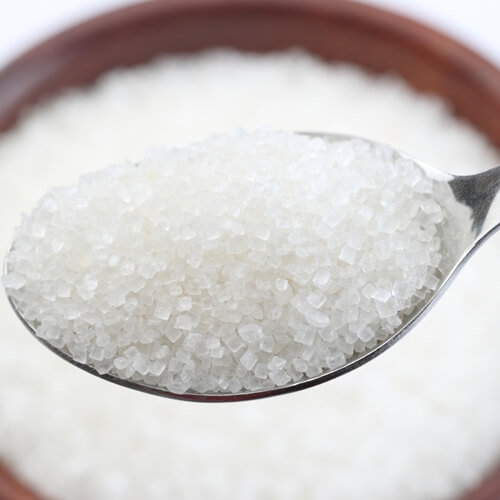A War On Sugar Could Be On The Horizon
Sugar is everywhere in food products, even in the places you’d least expect it. Granola bars, cereals, and even macaroni and cheese have added sugars. Unfortunately, eating an excessive amount of sugar can be detrimental to your health. The American Heart Association warns that consuming too much sugar gives you “empty calories” – calories without nutrients – that add inches to the waistline and increase the risk of obesity. Having an unhealthy weight can cause heart disease and other complications.
It’s no wonder activist groups are pushing the food industry to dramatically decrease the amount of sugar found in packaged products. These groups are aiming their efforts at things like flavored milk and sports drinks, so keep at it if you’re taking online baking courses.
Sugar internationally
According to ABC News Australia, health organizations in Australia are trying to persuade the government to impose a sugar tax. This law would increase the price of all sugary beverages, including the aforementioned milk and sports drinks as well as soda. Health activists believe that the tax would dissuade consumption. However, whether or not the organizations will cover any ground remains to be seen, especially since some opponents of the proposition are speaking up.
“There’s no demonstration that sugar of itself is particularly obesogenic or related to any health outcomes,” Geoffrey Annison, deputy chief executive for Australia’s Food and Grocery Council, told the source.
Great Britain is also attempting to decrease sugar consumption through the Action on Sugar campaign. The global effort is headed by a group of health experts who are now calling on governments and the food industry to remove 30 percent of the amount of sugar in processed foods in the next five years
“Sugar is the new tobacco,” Simon Capewell, professor of clinical epidemiology at the University of Liverpool, said in a statement. “Everywhere, sugary drinks and junk foods are now pressed on unsuspecting parents and children by a cynical industry focused on profit not health.”
Sugar consumption in the U.S.
Adult males in the U.S. get about 12 percent of their calories from added sugars alone, according to the Centers for Disease Control and Prevention. Women get about 13 percent of their daily intake from sugar. Those percentages increase if you look at impoverished communities. The recommended amount of added sugar and solid fat combined is no more than 5 to 15 percent, so current numbers run a little high.
If Action on Sugar gets enough traction abroad, it’s efforts may reach the U.S. soon.


